Critical theory in education serves as a crucial lens for examining the hidden power dynamics that shape learning environments. It encourages educators and students alike to scrutinize how traditional frameworks can impact curriculum choices and the representation of diverse voices.
This examination reveals how education can either serve to empower individuals or contribute to their marginalization. Understanding these dynamics is essential for fostering social justice and equity in educational settings, as it allows for a more inclusive and fair approach to teaching and learning.
Through this critical perspective, individuals can better appreciate the transformative potential of education in society.
Historical Context of Critical Theory
Critical theory emerged in the early 20th century as a response to the social and political turmoil that followed World War I. Rooted in the Frankfurt School, this movement combined Marxist theory with insights from various disciplines to tackle societal issues through social reconstruction and cultural critique. A central aim was to promote educational equity and challenge the ideologies that shape society.
Scholars within this framework employed historical materialism and dialectical methods to analyze how power dynamics affect education and culture. They recognized that knowledge isn’t fixed but is influenced by context and experience.
Feminist theory significantly contributed to this discourse, questioning traditional narratives and advocating for the inclusion of marginalized voices.
Understanding this historical background is crucial, as critical theory encourages an examination of the status quo. It promotes the idea that educational practices should create more inclusive environments.
This context highlights the continued relevance of critical theory today, inspiring ongoing movements for justice and equity in education.
Key Principles of Critical Theory
Critical theory plays a significant role in shaping educational practices by providing a framework for analyzing and addressing issues of equity and systemic oppression. It encourages educators and learners to critically examine how social dynamics influence knowledge and learning experiences. This approach is essential for fostering an inclusive educational environment where all students feel valued and empowered.
Key principles of critical theory guide its application in education, helping to create transformative learning experiences. Here’s a brief overview of these principles:
| Principle | Description | Examples |
|---|---|---|
| Reflexive Pedagogy | Promotes self-reflection and awareness of personal biases | Activities that encourage critical thinking |
| Power Dynamics | Explores how power relations affect learning environments | Discussions on social privilege |
| Cultural Relevance | Connects students’ diverse backgrounds to the learning process | Culturally relevant teaching materials |
These principles encourage a thorough evaluation of the beliefs and ideologies that shape educational systems. Engaging with these concepts not only deepens understanding but also helps build a supportive learning community. Committing to these ideas contributes to a more just and equitable educational experience for all.
Impact on Pedagogical Practices
Critical theory in education promotes the empowerment of marginalized voices within the classroom.
This approach disrupts conventional norms and paves the way for a more inclusive learning environment that appreciates varied perspectives. Such a transformation not only enhances the educational experience but also cultivates critical thinking skills in all students.
For instance, incorporating diverse literature and inviting guest speakers from different backgrounds can provide students with richer insights and foster meaningful discussions.
Embracing this shift is essential for preparing students to engage thoughtfully with the world around them.
Empowering Marginalized Voices
Empowering marginalized voices is essential for creating inclusive classrooms that reflect diverse perspectives. This approach prioritizes cultural representation, ensuring that all students feel acknowledged and valued. As a result, students can better understand their intersectional identities and build resilience through shared experiences.
Participatory pedagogy plays a vital role in this process, enabling students to express themselves genuinely during discussions. Community engagement becomes key, inviting families and local organizations to contribute to the learning experience. Implementing advocacy strategies helps promote educational equity, ensuring every student has the necessary resources for success.
Here’s how these practices manifest in the classroom:
| Action | Impact on Students | Outcome |
|---|---|---|
| Integrating diverse texts | Enhances cultural awareness | Cultivates empathy |
| Collaborative projects | Strengthens community ties | Fosters relationships |
| Student-led discussions | Boosts critical thinking | Empowers decision-making |
| Real-world connections | Enriches experiential learning | Prepares for future challenges |
| Feedback loops | Encourages a growth mindset | Builds confidence |
These actions not only enhance the learning environment but also equip students with the skills and understanding necessary for navigating a diverse world.
Challenging Traditional Norms
Challenging traditional norms in education is essential for fostering a more dynamic and inclusive learning environment. Embracing social critique can drive educational reform that emphasizes cultural relevance and equity. This perspective invites educators to scrutinize power dynamics in their classrooms and question the ideological frameworks that shape curricula.
Engaging in curriculum critique allows you to recognize biases and gaps, leading to essential pedagogical changes that resonate with the diverse experiences of your students. Such an approach not only enhances student engagement but also cultivates transformative learning, empowering all learners.
When outdated norms are challenged, classrooms can evolve into spaces where every student feels valued and heard.
Incorporating critical theory into teaching isn’t limited to content changes; it involves reshaping relationships and expectations. As these shifts are navigated, the goal is to create an environment where students critically analyze their surroundings, challenge societal norms, and envision new possibilities.
Together, educators and students can disrupt the status quo, paving the way for a more equitable and meaningful educational experience.
Promoting Social Justice in Education
Promoting social justice in education is essential for creating inclusive classrooms where all students feel respected and acknowledged. This approach involves implementing equity frameworks that confront systemic inequalities.
Inclusive practices recognize the diverse backgrounds of students, fostering a supportive environment that enhances their sense of belonging.
Transformative pedagogy invites educators to rethink conventional teaching methods, integrating community engagement and activist education into the curriculum. Anti-oppressive teaching strategies empower students to identify and challenge injustices in their surroundings, both within the classroom and beyond.
Cultural responsiveness connects lessons to students’ lives, significantly enriching their educational journey. Engaging students in participatory learning allows them to take part in decision-making processes, helping them understand the relevance of social movements and their roles in effecting change.
Utilizing an intersectional analysis provides insight into how various identities shape individual experiences. This understanding is crucial in creating an equitable learning environment.
Critical Thinking and Analysis Skills
Critical thinking and analysis skills are vital for students navigating the complexities of today’s world. These skills equip individuals to confront challenges directly, employing effective problem-solving methods. Developing strong analytical reasoning enables you to evaluate information critically, identify patterns, and make connections across different disciplines.
Engaging in imaginative questioning during your studies promotes thorough investigation and cultivates a sense of curiosity. Reflective practices support your ability to evaluate your comprehension and modify your approaches, thereby enhancing your metacognitive strategies. This self-awareness is crucial for monitoring your thought processes and improving academic outcomes.
Moreover, participating in collaborative learning fosters a sense of community among peers, where diverse viewpoints enrich conversations and inspire creative solutions.
As you consider ethical implications, you cultivate a moral framework that informs your decisions, ensuring responsible actions in various scenarios.
Challenging Traditional Power Structures
Power structures significantly influence the functioning of education, determining which knowledge is prioritized and who has the authority to make these decisions. Challenging these established dynamics is crucial for fostering transformative learning experiences. Embracing liberation pedagogy encourages critical examination of cultural dominance and societal norms, paving the way for a more equitable educational environment for everyone.
To aid in this effort, several resistance strategies can be employed:
| Strategy | Description | Application |
|---|---|---|
| Discourse Analysis | Analyze the language and narratives prevalent in education | Reveal biases and identify power disparities |
| Reflexive Practice | Consider your own beliefs and methodologies | Question your own assumptions and biases |
| Equity Frameworks | Prioritize fairness and inclusivity in education | Create policies that amplify all voices |
| Collaborative Learning | Work with peers to exchange insights and strategies | Build a sense of community and belonging |
Each of these strategies plays a vital role in dismantling traditional power structures, ultimately contributing to a more inclusive and just educational landscape.
Engaging Marginalized Voices
Engaging marginalized voices is vital for enhancing the educational environment by ensuring a variety of perspectives are acknowledged and appreciated. When these voices are included, the learning atmosphere becomes more dynamic and inclusive.
Cultural representation goes beyond mere compliance; it plays a crucial role in creating a sense of belonging. Every student should see their identity reflected in both the curriculum and classroom conversations.
Incorporating diverse narratives fosters empathy and understanding among students. It helps dismantle stereotypes and promotes fairness in education. Imagine a classroom where every individual’s story is significant; this illustrates the impact of engaging marginalized voices.
As an educator, focus on listening to perspectives that often remain unheard. Encourage students to share their personal experiences and weave these insights into the curriculum.
This approach not only enhances academic discussions but also cultivates a sense of community and mutual respect. Every student is empowered to contribute meaningfully, leading to an environment where all are valued and included.
Engaging marginalized voices is essential for achieving a more equitable and just education system for everyone.
Curriculum Development and Critical Theory
Curriculum development plays a crucial role in shaping educational experiences. Integrating critical theory principles within the curriculum can effectively challenge traditional narratives and promote inclusivity. This approach ensures that diverse voices are acknowledged and valued, creating an environment where all students feel a sense of belonging.
Incorporating interdisciplinary methods allows students to connect concepts across various subjects, enhancing their overall understanding of the world. Reflective practices can encourage students to engage critically with their experiences, fostering agency in their learning processes.
Employing culturally responsive teaching strategies enables educators to resonate with students from different backgrounds, ensuring that everyone finds representation within the curriculum. Furthermore, integrating technology can lead to innovative and engaging learning experiences, making lessons more accessible.
To ensure fair assessments, it’s essential to utilize a variety of evaluation methods that cater to different strengths and learning styles. Providing experiential learning opportunities allows students to apply their knowledge in practical settings, thereby deepening their comprehension.
Collaborative curriculum design among educators can lead to the creation of transformative educational experiences. Prioritizing these elements fosters an enriching educational landscape that empowers every student to succeed and feel included.
Future Directions in Educational Theory
The integration of critical theory into curriculum development opens new avenues for educational theory. This approach promotes transformative learning and inclusive pedagogy, creating environments that foster a sense of belonging and respect for diverse social identities. Engaging with interdisciplinary methods enhances teaching practices and strengthens community connections.
Here are future directions in educational theory that hold significant promise:
| Direction | Key Focus | Impact |
|---|---|---|
| Transformative Learning | Fostering personal growth and agency | Empowers students to take control of their learning |
| Digital Literacy | Navigating a technology-driven landscape | Equips students to tackle future challenges with confidence |
| Experiential Education | Learning through hands-on experiences | Enhances comprehension and retention of knowledge |
| Reflexive Teaching | Cultivating self-awareness among educators | Promotes ethical and thoughtful teaching practices |
| Curriculum Innovation | Responding to evolving societal needs | Ensures that learning remains relevant and impactful |
These directions are essential as they not only address the needs of today’s learners but also prepare them for the complexities of the future. By fostering an educational environment that prioritizes personal agency, technological fluency, practical experience, self-reflection, and adaptability, educators can significantly enhance the learning experience and better prepare students for the world ahead.
Conclusion
Critical theory plays a vital role in modern education, serving as a catalyst for meaningful transformation. It goes beyond theoretical discussion; it actively shapes the way we engage with learners and dismantle systemic inequalities. Incorporating critical theory into teaching practices empowers marginalized voices, fosters critical thinking, and creates a more equitable learning environment. This approach challenges outdated power dynamics and promotes inclusivity, ensuring that every student feels valued and heard. For instance, integrating diverse perspectives in the curriculum not only enriches the learning experience but also helps students understand and critique societal structures. Embracing critical theory is essential for cultivating a future where all learners have the opportunity to thrive.

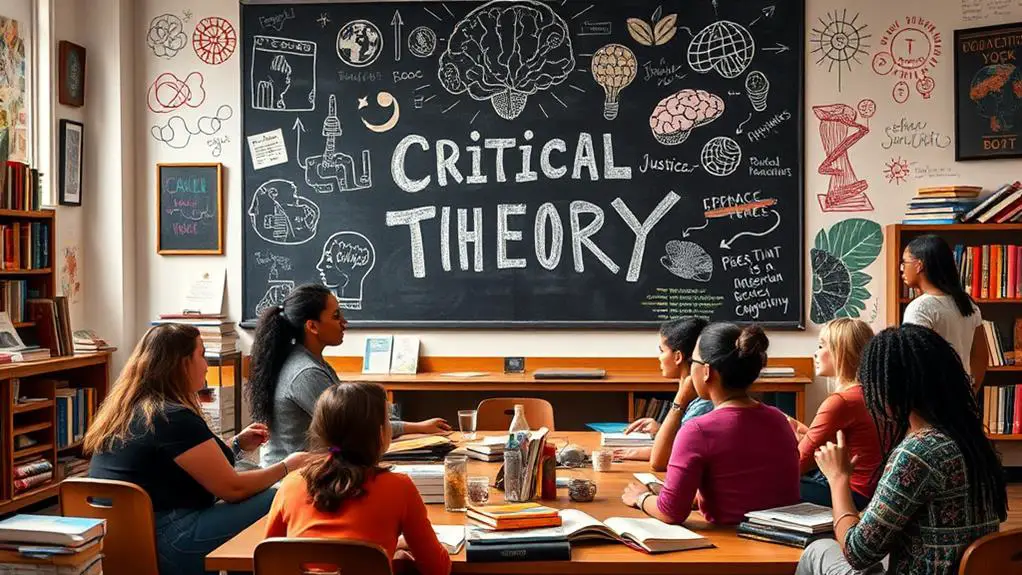
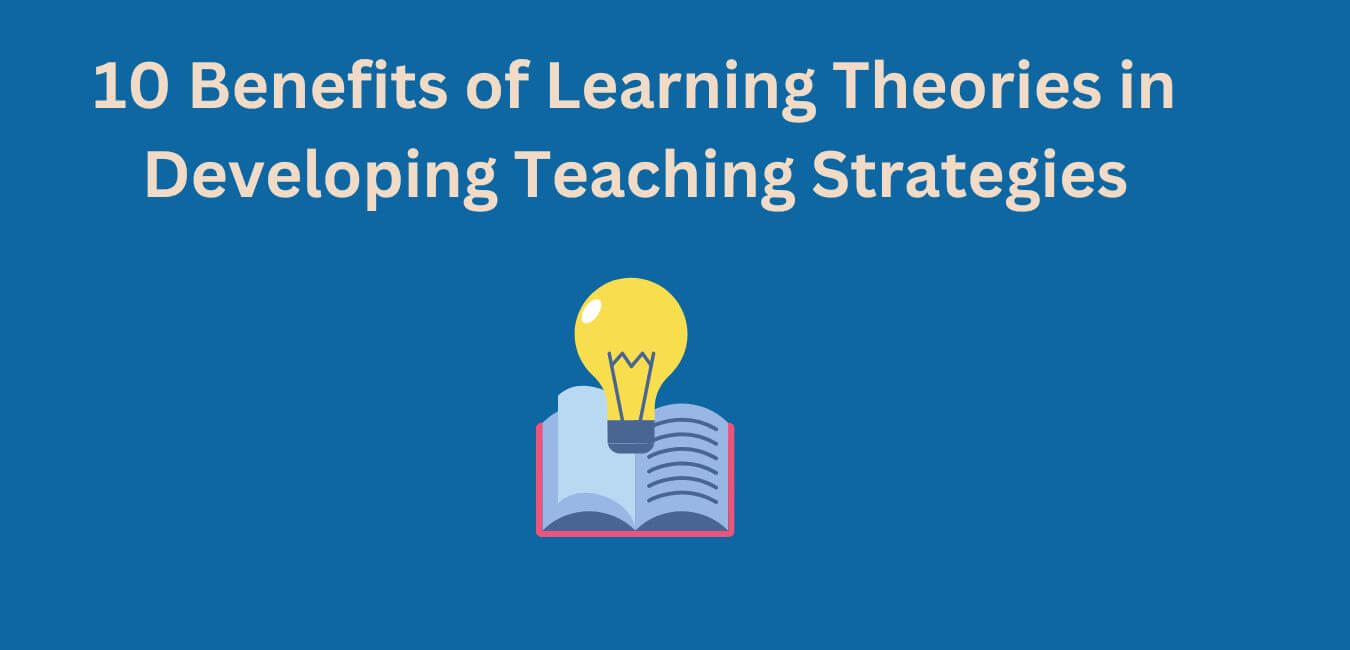
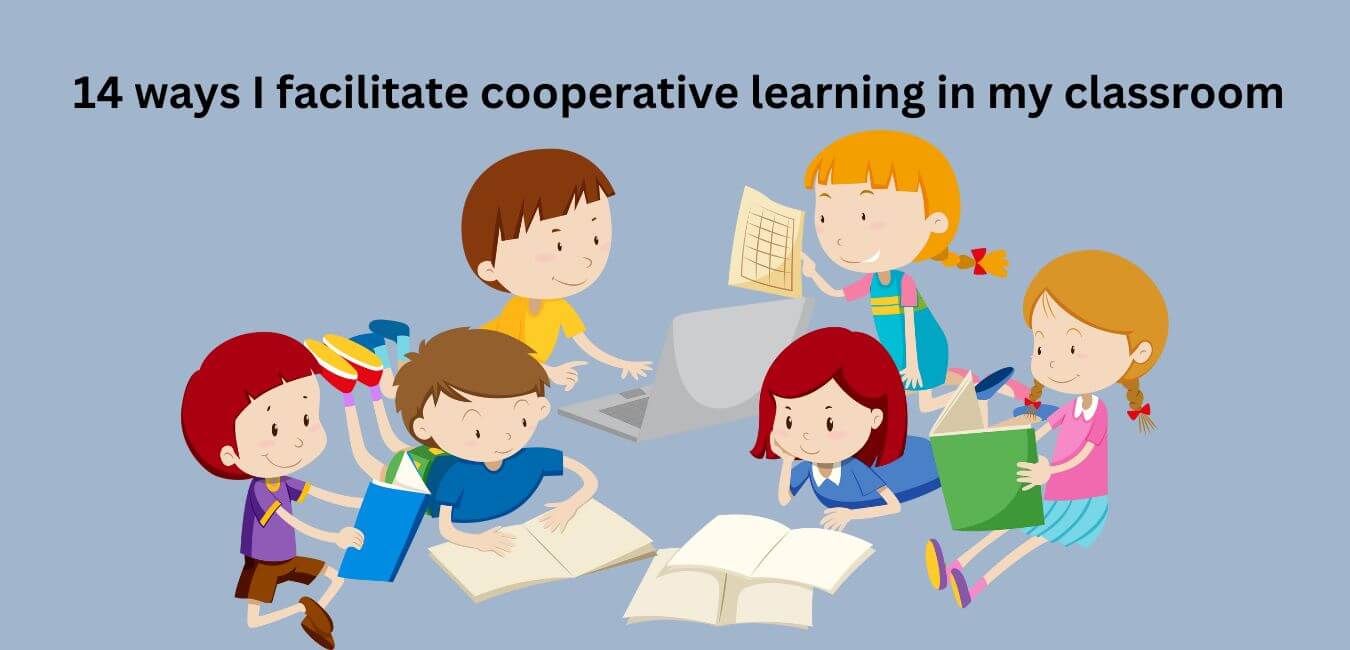
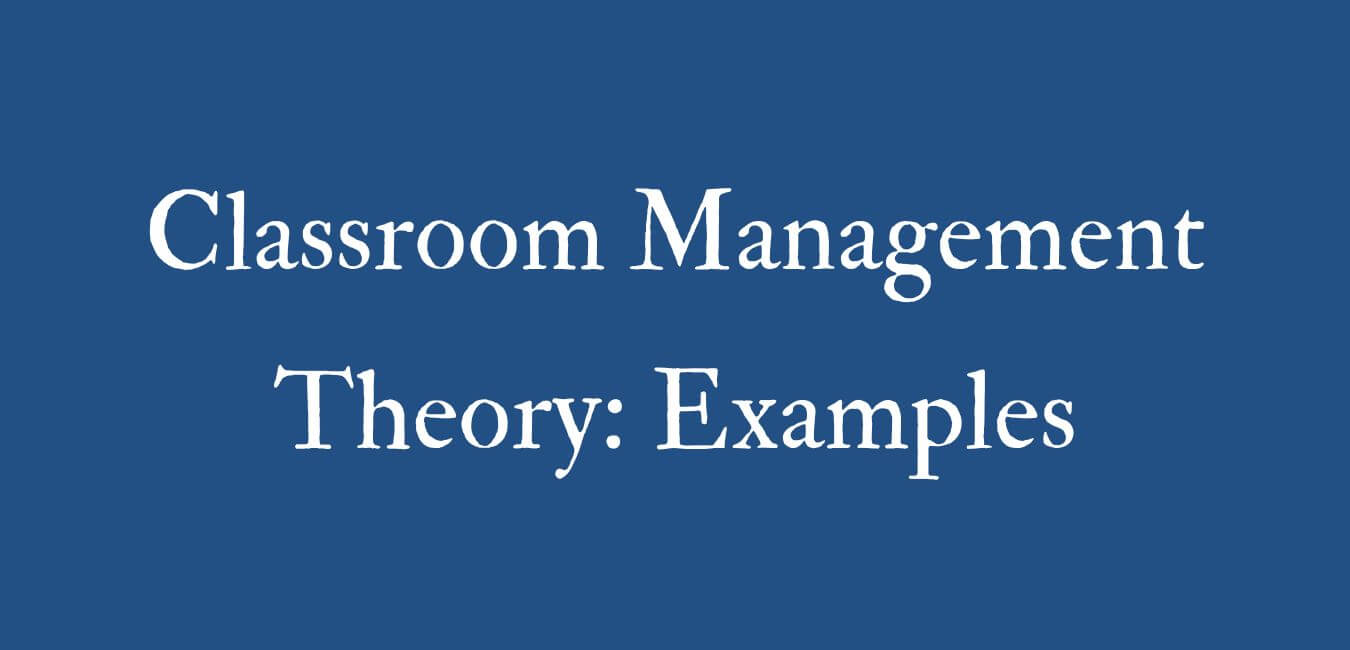
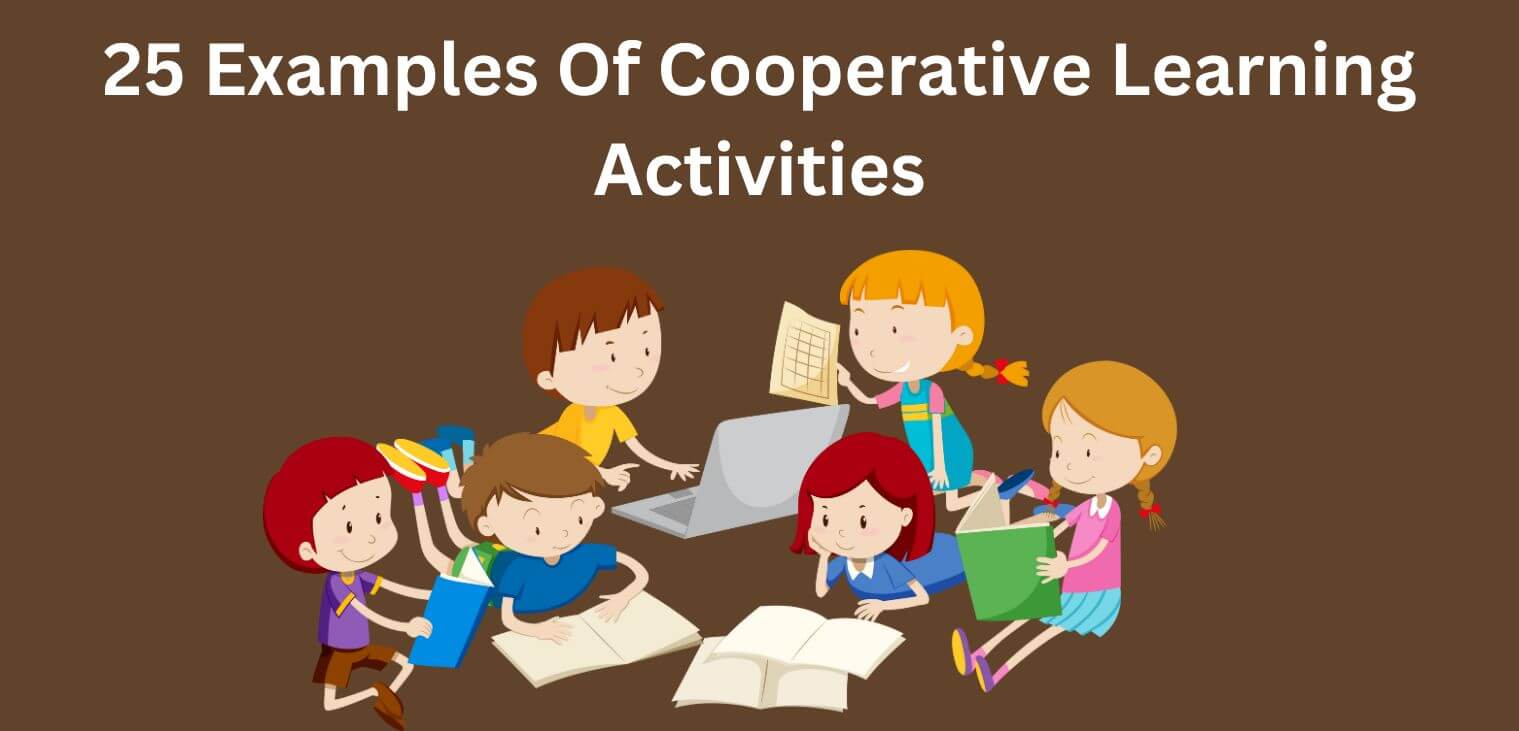
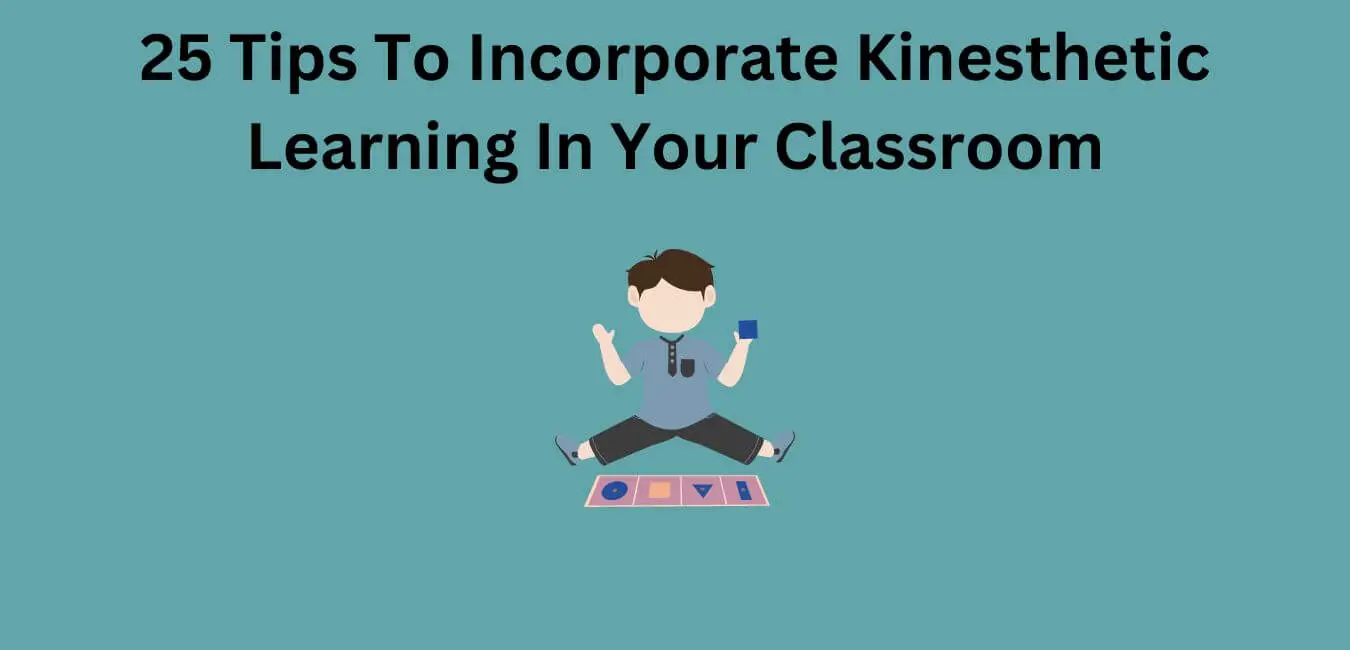
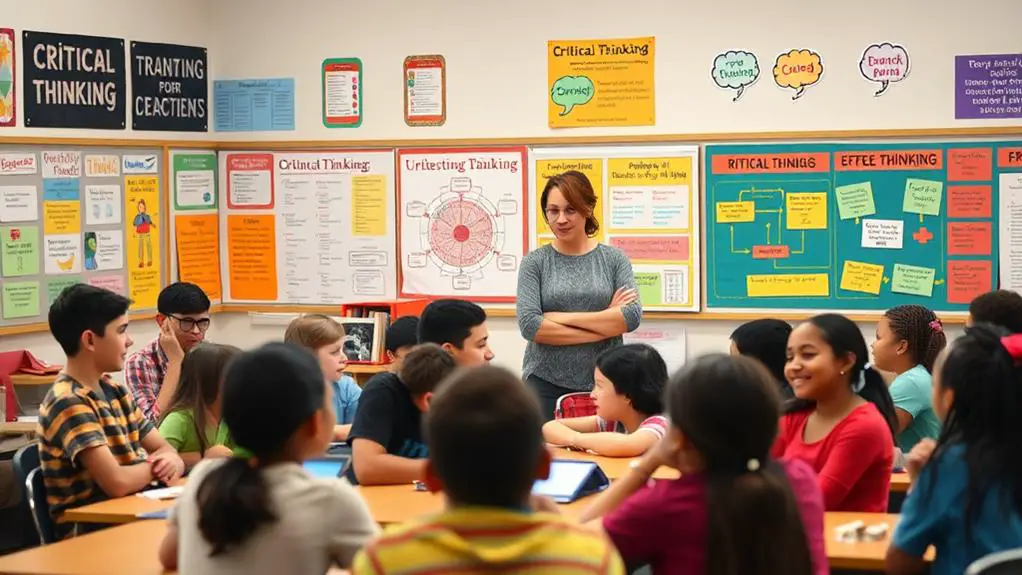
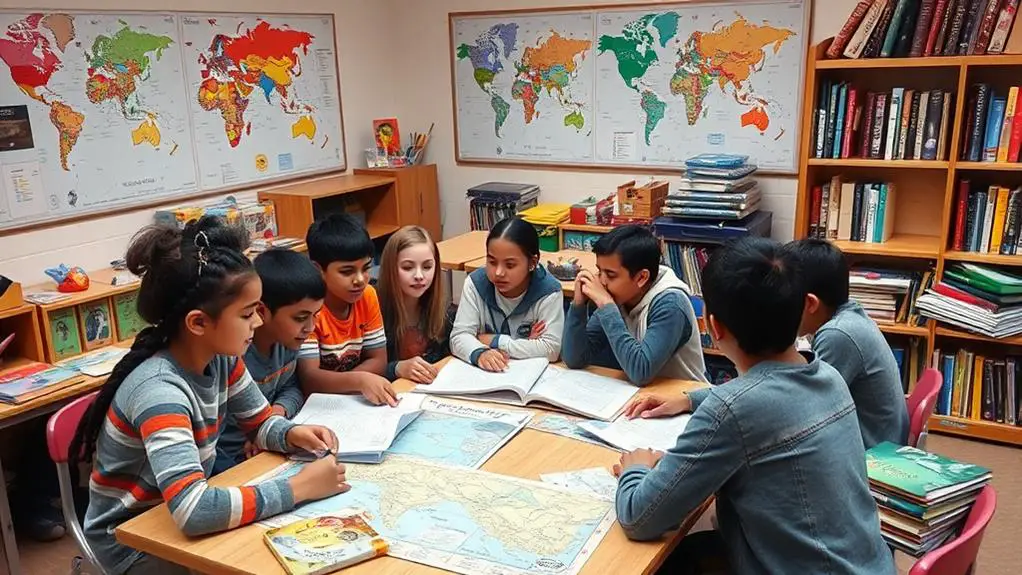

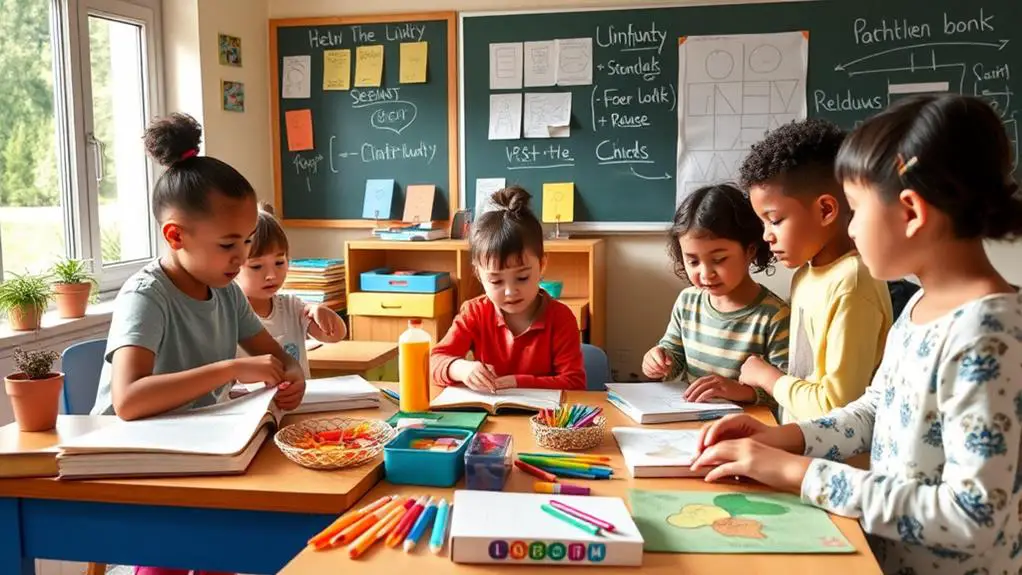
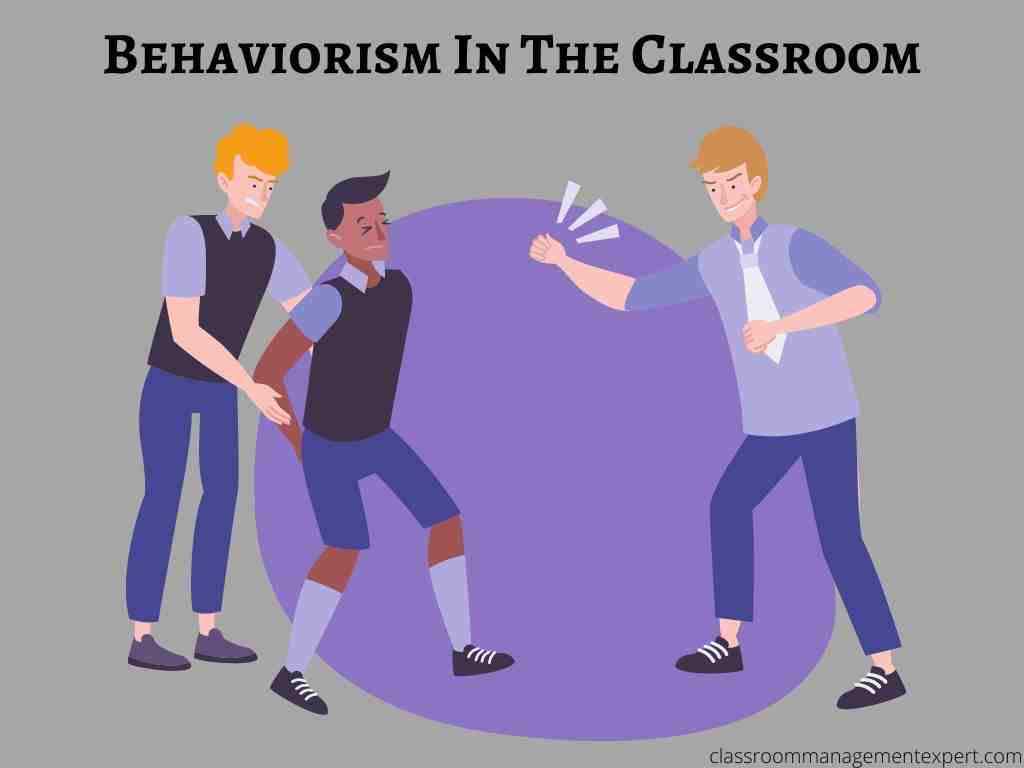



Leave a Reply